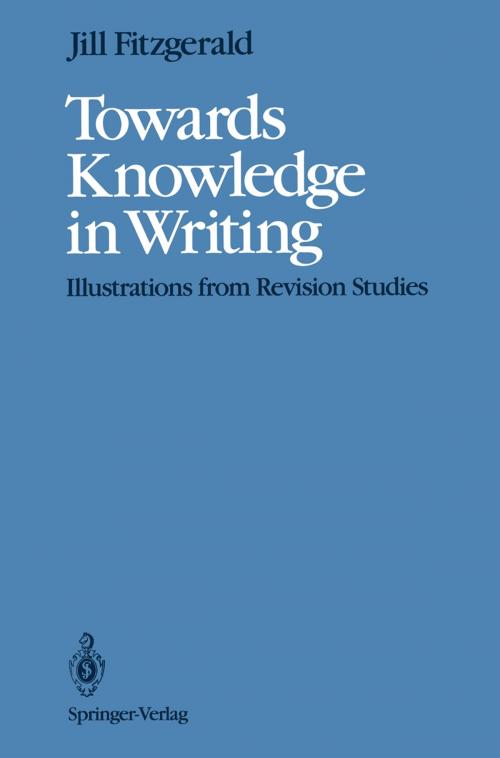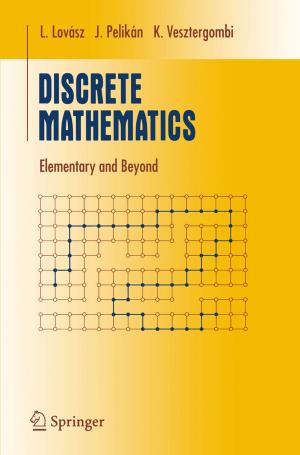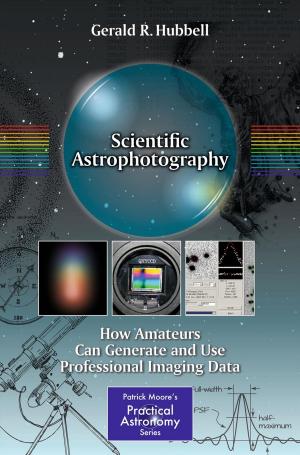Towards Knowledge in Writing
Illustrations from Revision Studies
Nonfiction, Reference & Language, Education & Teaching, Teaching, Language Experience Approach, Language Arts, Health & Well Being, Psychology| Author: | Jill Fitzgerald | ISBN: | 9781461227960 |
| Publisher: | Springer New York | Publication: | December 6, 2012 |
| Imprint: | Springer | Language: | English |
| Author: | Jill Fitzgerald |
| ISBN: | 9781461227960 |
| Publisher: | Springer New York |
| Publication: | December 6, 2012 |
| Imprint: | Springer |
| Language: | English |
This book reviews the shifting conceptions of writing and revision, noting the ways in which views of knowledge and knowing shape teaching and research. Fitzgerald, as a reading and writing researcher, recognizes that how we revise is shaped by how we read and respond to our unfolding texts. She argues that how we write and read is ultimately shaped by how we know-that is, how we seek to make sense of the world. How and why do we revise when we write? How do we differ in the extent or level of revisions due to differences in our purpose, mode of writing, perceptions of audience, or phase of development of our writing? What motivates us to revise-a need to clarify our expression, to rethink or alter our ideas, to influence our reader in certain ways, or to fulfill our own purposes? These questions have always intrigued composition theo rists and researchers; however, it is only in the past 15 years that researchers have seriously and systematically sought answers to these questions.
This book reviews the shifting conceptions of writing and revision, noting the ways in which views of knowledge and knowing shape teaching and research. Fitzgerald, as a reading and writing researcher, recognizes that how we revise is shaped by how we read and respond to our unfolding texts. She argues that how we write and read is ultimately shaped by how we know-that is, how we seek to make sense of the world. How and why do we revise when we write? How do we differ in the extent or level of revisions due to differences in our purpose, mode of writing, perceptions of audience, or phase of development of our writing? What motivates us to revise-a need to clarify our expression, to rethink or alter our ideas, to influence our reader in certain ways, or to fulfill our own purposes? These questions have always intrigued composition theo rists and researchers; however, it is only in the past 15 years that researchers have seriously and systematically sought answers to these questions.















